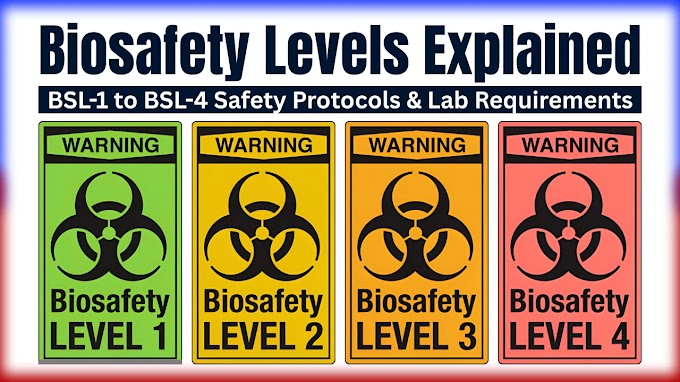Introduction
What are Viruses?
Viruses are incredibly small particles, ranging in size from 20 to 300 nanometers in diameter. They are made up of a protein shell, called a capsid, that surrounds genetic material, which can be either DNA or RNA. Some viruses also have an additional outer layer called an envelope. Viruses cannot reproduce on their own and require a host cell to replicate.
How Do Viruses Work?
Viruses work by invading a host cell and hijacking its machinery to replicate themselves. The virus attaches to the surface of a host cell, and then injects its genetic material into the cell. Once inside the cell, the virus takes over the host cell's machinery, using it to make copies of itself. These new virus particles can then go on to infect other cells, spreading the infection throughout the body.
How Do Viruses Spread?
Viruses can spread in a variety of ways, including through the air, by coming into contact with contaminated surfaces, or through bodily fluids like blood, saliva, or mucus. Some viruses are highly contagious, like the flu or COVID-19, and can easily spread from person to person through respiratory droplets when an infected person talks, coughs, or sneezes. Other viruses, like HIV, can be spread through contact with infected bodily fluids.
How Can You Protect Yourself from Viruses?
There are several steps you can take to protect yourself from viruses:
- Practice good hygiene: Wash your hands frequently with soap and water for at least 20 seconds, especially after using the bathroom, before eating, and after blowing your nose, coughing, or sneezing. Avoid touching your face, especially your eyes, nose, and mouth.
- Practice social distancing: Stay at least 6 feet away from other people, especially if they are sick. Avoid large gatherings, and stay home if you are feeling ill.
- Wear a mask: Masks can help prevent the spread of respiratory droplets that can carry viruses.
- Stay home if you are sick: If you are experiencing symptoms like fever, cough, or shortness of breath, stay home and seek medical attention if necessary.
- Get vaccinated: Vaccines can protect you from many common viruses, including the flu and COVID-19.
Conclusion
Viruses may be invisible to the naked eye, but they can have a profound impact on our health and well-being. By understanding how they work and how they spread, we can take steps to protect ourselves and our communities. By practicing good hygiene, social distancing, wearing a mask, staying home when sick, and getting vaccinated, we can all do our part to prevent the spread of viruses and keep ourselves and our loved ones healthy.






.webp)
.webp)
